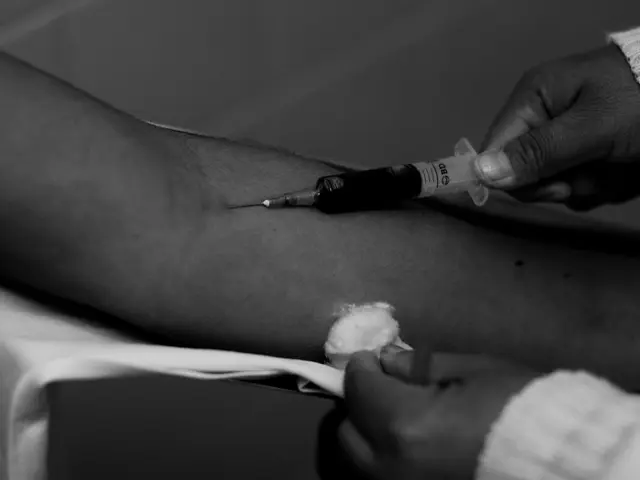Role of Physical Activity in Management of Childhood Cancer, According to Dr. David Mizrahi
Accredited Exercise Physiologist, Dr. David Mizrahi, is making significant strides in his research on the positive impact of exercise on children's cancer recovery. As the 2023 Col Reynolds Fellow, he is focusing on developing exercise programs to combat the side effects of cancer treatment in young patients.
In an interview, Dr. Mizrahi shared his inspiration for this line of research. Having previously researched the benefits of exercise for adults with cancer, he noticed a lack of attention given to young cancer patients in terms of exercise guidance during and after treatment. With a growing interest in this area, Dr. Mizrahi enrolled in a PhD program to explore the role of exercise in children's cancer recovery more deeply.
Stories like Hugo Kulcsar's, a cancer survivor who is now an ambassador for The Kids' Cancer Project's Better Challenge, have fueled Dr. Mizrahi's passion for this work. Testimonies like Hugo's demonstrate the transformative power of exercise in helping children not only regain physical strength but also boost their confidence and overall well-being.
Exercise may not be the first thing that comes to mind during cancer treatment, but Dr. Mizrahi underscores its importance in addressing key side effects such as loss of strength, fitness, stamina, psychological distress, self-esteem issues, fatigue, and heart and lung issues. By incorporating exercise into treatment plans, doctors can help patients maintain their quality of life and preserve independence, enabling them to return to normal activities more smoothly after treatment.
To engage young patients and their families in exercise, Dr. Mizrahi emphasizes the importance of support and encouragement from medical and nursing teams. He encourages families to listen to exercise staff and offers advice on tailoring exercise programs to suit the patient's individual needs and preferences.
As Childhood Brain Cancer Awareness Month approaches, Dr. Mizrahi encourages parents and families to involve their children in any form of physical activity, even in small doses. Building a foundation for fitness through games, dancing, or wall push-ups and chair stands can help reduce the risk of developing future chronic diseases among childhood cancer survivors.
In prioritizing early intervention and promoting active lifestyles, Dr. Mizrahi aims to help children undergoing cancer treatment live relatively normal, active lives, reducing their risk of developing heart disease in the future. His research focuses on the importance of getting children moving early in their treatment to preserve muscle strength and maintain independence during and after treatment.
For more information on supporting childhood cancer research or getting involved in The Kids' Cancer Project's Better Challenge, visit [website].
[1] Enrichment Data: The research seeks to balance scientific evidence with adaptability and a strong community focus, ensuring fitness programs are feasible and culturally safe for children in various care settings. The trial designs involve engagement with communities to make the trials practically deliverable, often in the home environment.
[2] Enrichment Data: Supporting early-career researchers like Dr. Mizrahi through fellowships fosters innovative approaches to childhood cancer, such as research focusing on improving quality of life during treatment through interventions like exercise. This contributes to ensuring that every child with cancer not only survives but lives a long, healthy life free from treatment side effects.
- Dr. Mizrahi's research in exercise programs for young cancer patients also prioritizes making these programs culturally safe and feasible for children in diverse care settings, ensuring a balance between scientific evidence and adaptability.
- To further reduce treatment side effects and promote long-term health for childhood cancer survivors, the research aims to develop community-focused fitness programs that can be delivered in various environments, not just hospital settings.








